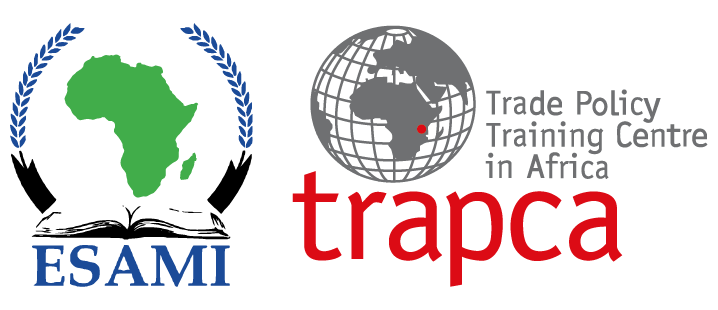Statement of need
Trade liberalization both in the context of trade in goods and services continues to occupy a centre stage in African country’s bid to transform their economies. At both multilateral and regional levels, the implementation of commitments by countries reveals a gap between their expectations from their trade liberalization commitments and the implementation realities they face. In this context, the balance between countries’ rights and obligations is very difficult to strike. Key to this difficulty is shortcomings related to regulatory aspects of international trade in goods and services.
The course on trade liberalization and the right to regulate introduces participants to non-tariff measures within the context of regional integration in Africa. The course considers the pros and cons of domestic regulation and the right to regulate international trade in goods and services. It further focuses on the domestic application of trade agreements in the context of various services sectors including accreditation and mutual recognition agreements, SPS, TBT etc. Core to various questions interrogated by the course is the ability of countries to maintain, adapt or change regulations where countries are parties to trade agreements. Regulatory coherence and convergence within national and regional context as well as their impact on trade liberalization and perceived benefits are also core questions dealt with by the course. In a nutshell the course considers regulatory aspects of international trade in goods and services.
Course Objectives
Content
Target group
Officials from Trade and Trade Related Ministries and parastatals, officials from Regional Economic Communities, Negotiators, and Regional Integration Practitioners. Private sector player in transport and logistics
Duration
2 Weeks
Venues
a) Venue 1: Zanzibar, Tanzania
Date: 6 – 17 May 2024
b) Venue 2: Arusha, Tanzania
Date: 2 – 13 Dec 2024
Course Fees
$1,600
